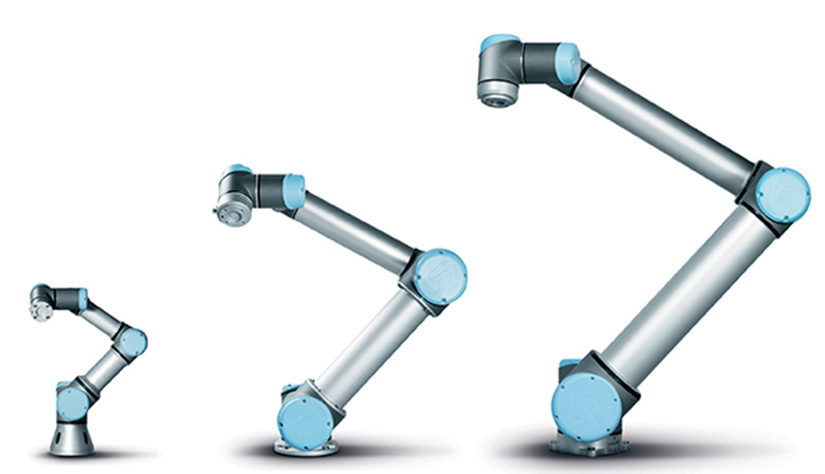
Astounding growth at Universal Robots sees company sell 20,000 industrial robots
Universal Robots, one of the first companies to launch a collaborative industrial robot, says it has sold 10,000 more units since Robotics and Automation News last did a count.
In a statement to the website, a spokesperson for the company says while Robotics and Automation News has been reporting that it has so far sold 10,000 units, the actual, most recent figure is in fact 20,000.
This means that if each robot is sold for between $23,000 and $45,000 then the company has generated additional revenues of between $230 million and $450 million since last count.
So, awash with vast sums of new money, Universal Robots is entering new markets, especially China, where domestic companies are developing collaborative robots of their own.
Universal Robots will have a lot of competition going forward, but Helmut Schmid, the company’s general manager with responsibility for a number of countries in Europe, says he is “happy” that new competitors are entering the market.

In an exclusive interview with Robotics and Automation News, Schmid – who claims Universal Robots has to 50 to 60 per cent of the cobot market – says: “We are happy that we get competitors.
“We have been the only ones to date marketing and educating the industry [about collaborative robotics technology].
“We believe that the speed at which the market will develop will help us and our competitors as well.
“If competitors come in, it will not be a substitution, it’s just that the market will grow much faster.
“I hope that we can keep the 50 per cent while competitors might take the rest in a huge, growing market.
“The only topics [important issues] are that it [the competition] should be on high technical specifications, the same quality topic, and we don’t get any disturbances on quality of product because [otherwise] this would have a bad influence on the market in general.”

